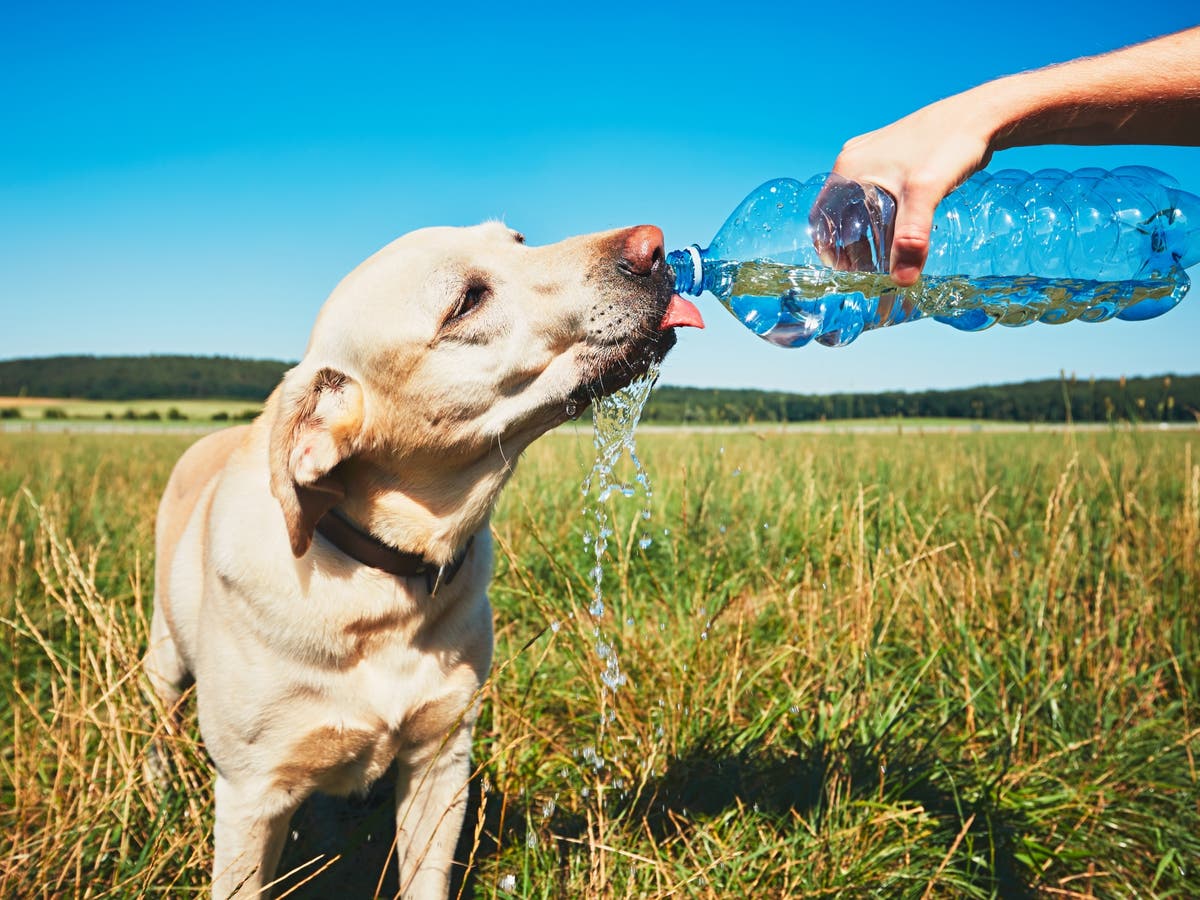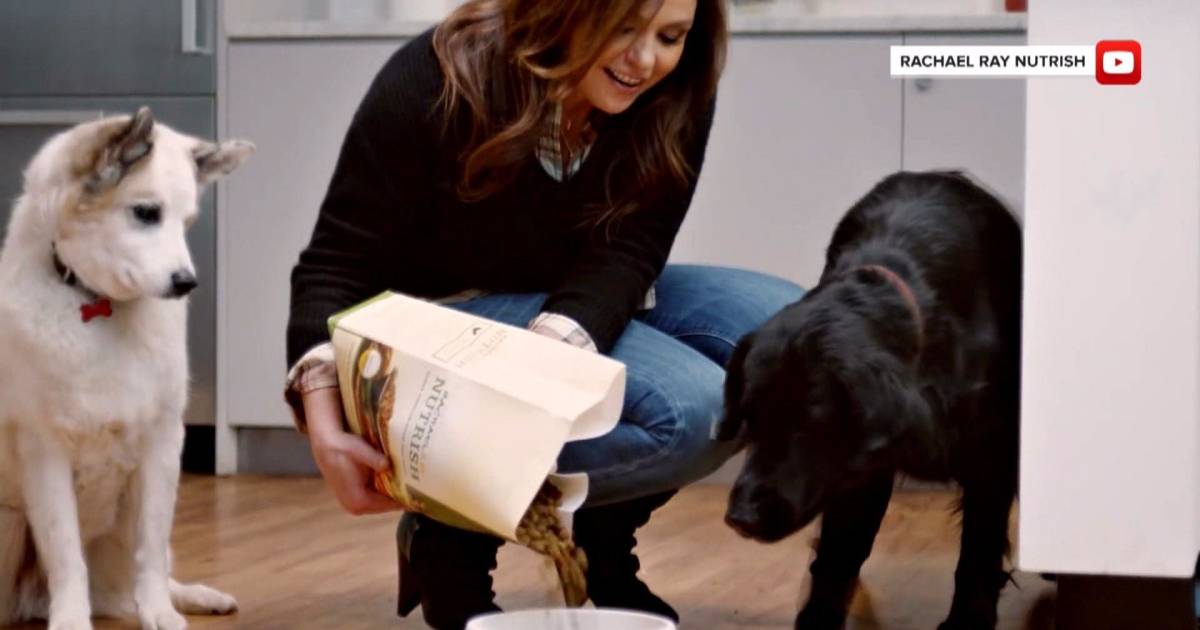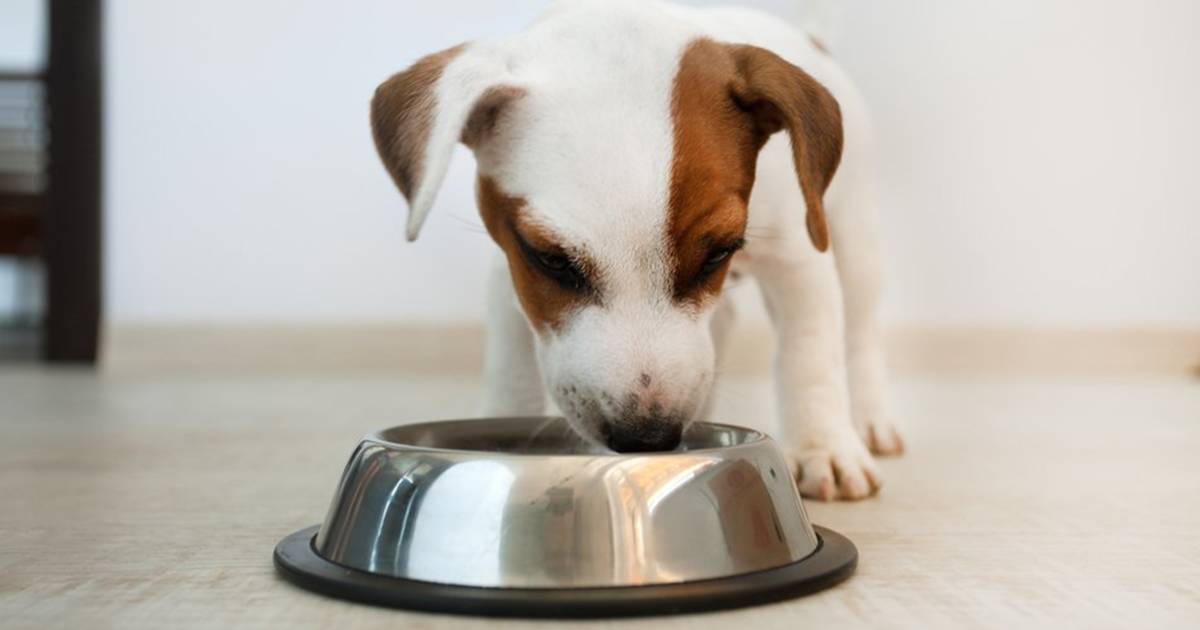Best Senior Dog Food: Choosing the Best Dog Food for Older Dogs

It’s still a bit of a mystery to veterinary nutritionists if senior dogs require a different food formulation than adult-aged dogs. While there is no one best food for older dogs, discovering which nutrients your aging canine companion needs will help you determine the best senior dog food for your pet.
How to Tell if Your Dog Is a Senior
First off, you must determine when your dog is considered a senior. Dr. Susan Wynn, DVM, CVA, CVCH, DACVN, a board-certified veterinary nutritionist with BluePearl Veterinary Partners in Atlanta, Georgia, does not categorize her patients as seniors unless they exhibit actual signs of aging.
“Large dogs age faster than small dogs, so there is no one age at which one can say a dog has turned ‘senior,’” she says. “There are both visible as well as metabolic indicators of aging, such as insulin resistance or kidney function abnormalities, but I don’t consider a dog aged until I see evidence of these changes.”
However, it’s common for the veterinary community to assign general age parameters to help categorize the different stages of a dog’s life.
“Giant breed dogs could be considered geriatric at 4-5-years-old, while a toy breed may not appear aged until 10-12-years-old,” Dr. Wynn says.
What to Feed Older Dogs
As our understanding of the role certain nutrients play in dog food evolves, so do veterinarians’ recommendations for the best senior dog food. Of particular interest are protein, fatty acids and antioxidants, which Dr. Wynn says are more important than veterinarians’ thought just 10 years ago.
She stresses that if your older dog is happy and healthy eating his current adult dog food, there is no reason to switch. However, paying attention to the ingredient list on your dog’s current diet might prompt you to search for another variety that contains these senior dog-friendly nutrients.
Protein
Some geriatric pets develop muscle wasting as they age, says Lindsey Bullen, DVM, DACVN, with Veterinary Specialty Hospital of the Carolinas in Durham, North Carolina.
“As dogs get older their activity level might decrease, potentially leading to atrophy of their muscles,” she says. “Ensuring that a diet provides a highly digestible and bioavailable source of protein—at an appropriate level—is important for maintaining optimal muscle mass and normal metabolic functions.”
Dr. Wynn adds that she likes to keep protein levels up because geriatric dogs tend to experience more tissue damage leading to a greater need for tissue repair for which protein is a key nutrient.
Fat
Dr. Bullen notes that fat has more than two times the calories (per gram) as compared to protein and carbohydrates. Because some senior dogs’ activity levels and metabolism slow, there is increased risk of weight gain.
“In this situation, look for a lower fat, lower calorically dense food,” she says.
However, fat also makes dog food taste great, which can be beneficial for senior dogs who are losing their sense of taste and smell.
Omega-3 Fatty-acids
Omega-3 fatty acids, for example, are thought to be beneficial to geriatric dogs because they help to normalize insulin responsiveness and reduce inflammation, Dr. Wynn says.
Sodium
Also known as salt, sodium can be a tricky nutrient to manage in your dog’s diet, especially if your senior dog has kidney or heart troubles. You want to be sure your senior dog diet has the appropriate amount of sodium based on his current health.
“While sodium is essential, commercial diets often have many times more than the minimum requirement,” Dr. Bullen says.
Phosphorus
Much like sodium, phosphorus is essential to everyday metabolic functions, but it can cause more problems than it solves depending on your senior dog’s medical history.
“As with sodium, if the dog has early renal dysfunction, their excretion of phosphorus could be hindered,” leading to a dog’s body unable to process phosphorus, Dr. Bullen says, adding that in some cases, phosphorus has been shown to cause progression of existing kidney disease. So, while phosphorus doesn’t actually cause kidney problems in healthy dogs, Dr. Bullen says it can be problematic for a senior dog who your veterinarian says is showing signs of early kidney dysfunction.
Antioxidants
Research has shown that free radicals can contribute to the progression of certain degenerative diseases in humans, and dogs are similar, veterinarians say. Dr. Bullen says this especially is true with age-related cognitive dysfunction (think doggy dementia).
“Antioxidants help to control inflammation and tissue damage, which are both a feature of aging,” Dr. Wynn says.
Calories
While calories are not nutrients, veterinary nutritionists stress that they are a key component to a balanced senior dog diet.
“It is important for the energy consumption to match the dogs’ individual energy needs,” Dr. Bullen says. “Caloric intake can be adjusted based on the dogs’ weight, body condition and muscle mass.”
Other Tips for Finding the Right Dog Food for Your Senior Pet
Varieties of dog food abound in the marketplace, so veterinary experts recommend narrowing the field by choosing a brand with solid science and research to back it up.
“I recommend diets whose companies have board-certified veterinarians and/or Ph.D. nutritionists on staff as their formulators,” Dr. Bullen says. “Also, I put more stock in diets that have undergone feeding trials and digestibility studies and are manufactured in their own plants that have stringent quality control measures in place.”
To further scrutinize a dog food label, skip the ingredient list and study the Nutritional Adequacy Statement, or the AAFCO statement, which stands for the Association of American Feed Control Officials. According to the Tufts University Cummings Veterinary Medical Center , all pet foods sold across state lines must include one of three statements printed clearly on the package to address:
- If the diet contains essential nutrients,
- How the company determined that the food is nutrient-rich, and
- For which life stage the diet is appropriate.
As pet parents feverishly seek out the best nutrition for their senior dogs, it’s important to note that just because an animal has celebrated his “senior” birthday doesn’t necessarily mean it’s time for a “senior” diet.
“We appreciate more than ever that appropriate nutrition can absolutely contribute to optimizing longevity and quality of life, as well as contribute to minimizing disease in all life stages,” Dr. Bullen says, “not just the senior pet.
By: Somyr Perry
Featured Image: via iStock.com/Chalabala












